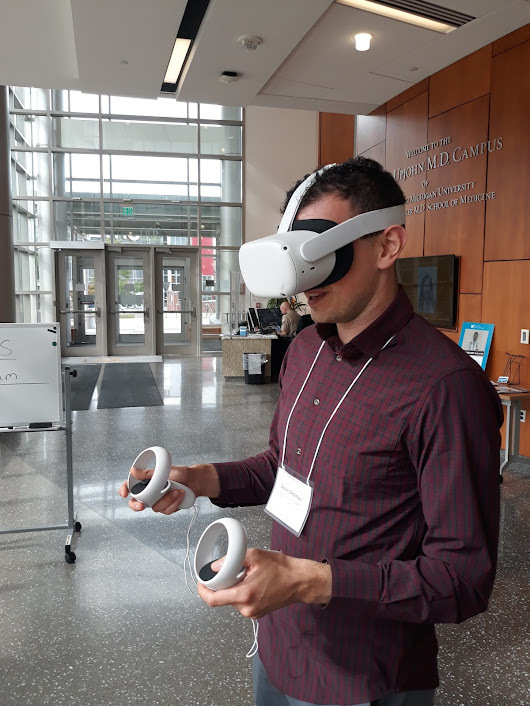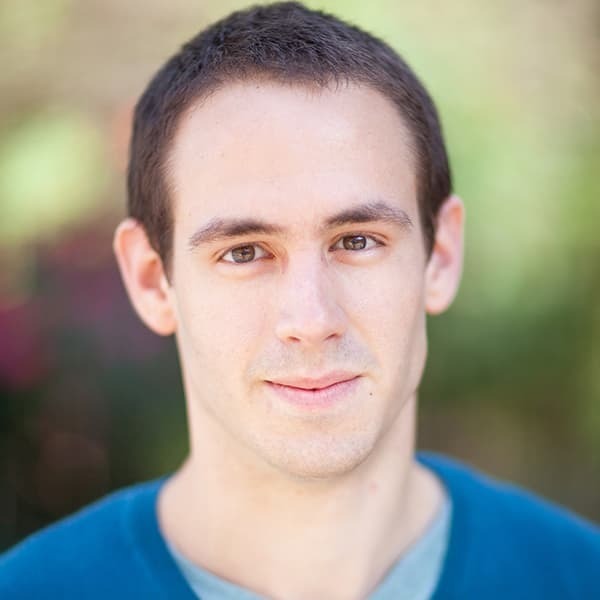Killing Romeo: a Serious Game for Medical Ethics
Act 5 Scene 1 of Shakespeare's beloved tragedy packs an ethical punch that often surprises students across disciplines. This VR game helps teachers jumpstart intense, probing conversations about morality, poverty, duress, despair, and the regulation of medicine while keeping things lively through immersive role-play and potion-making. Bonus points: no dictionary needed and no stage-fright.
Designed for ND students with an interest in poverty studies, medical ethics, pharmaceutical law, and literature, "Killing Romeo" immerses you in Shakespeare's familiar tale of teenage love but places you in an unfamiliar role. You play the minor character of the old, poor apothecary working in the plague-stricken town of Mantua, when an unknown, desperate-looking teenager appears and asks you to craft a fatal potion.
Do you follow the recipe in your moth-eaten book or make a different potion altogether to thwart the poor lad's intentions?
Do you embrace and accept the penalty of death for selling poison, or do you plead innocence from the law on account of poverty?
Do you accept his fourty ducats, and how much money is that anyways?
Dr. Arnaud Zimmern – postdoctoral research associate of the Navari Family Center for Digital Scholarship – and Adam Heet – Digital Projects Specialist – developed the game entirely from scratch. They modelled every asset and feature according to 14th-15th century depictions of apothecarian spaces and closely following 16th-17th century manuscript recipes for poisons and sleeping potions that the Bard might have seen.

The game enjoyed popular success at venues across campus throughout Spring and Fall 2022, including Love Data Week at the Hesburgh Library and ArtAttack at the DeBartolo Performing Arts Center.
Zimmern, a scholar of early modern literature and medicine, also presented the project at the annual Western Michigan University Medical Humanities Conference, hosted at the Homer Stryker MD School of Medicine in Kalamazoo, Michigan. Alumn Devin Dettman (Notre Dame, Class of 2020), a graduate assistant in the Department of Philosophy at Western Michigan University, was among the first to try it out.
Play-through of an early prototype
-

Digital Projects Specialist, Hesburgh Libraries
-

Prospect Research Analyst, Prospect Management
Liked this project? Partner with us